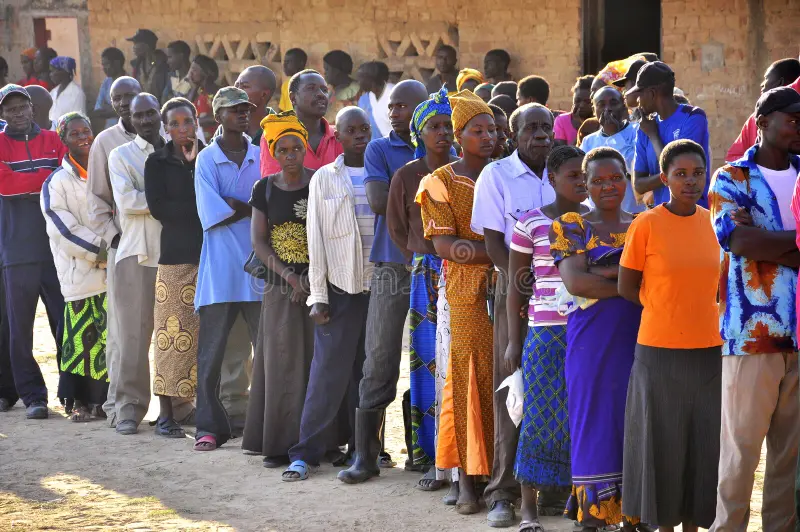
Zambia hosts global push to digitise social protection amid rising poverty
Zambia is at the heart of a bold new initiative to strengthen social protection systems through digital innovation, as policymakers from Africa, Asia, and the Pacific gather in Livingstone for a high-level interregional workshop aimed at transforming how governments support their most vulnerable populations.
The three-day workshop, running from July 8 to 10, is jointly organised by the Zambian government, the United Nations Department of Economic and Social Affairs (UN DESA), the Economic Commission for Africa (ECA), and the Economic and Social Commission for Asia and the Pacific (ESCAP). It comes at a time when nearly two billion people around the world lack access to even the most basic forms of social protection.
While 47.6% of the global population remains uncovered by social protection systems, the crisis is especially acute in Africa, where just 19% of residents receive at least one form of benefit.
Zambia, the host nation, grapples with its own challenges, with almost half of its population living in multidimensional poverty, according to data shared at the event.
“The world is facing the lingering effects of the food, energy and financial crises, but also an increasingly complex set of challenges,” said Angela Kawandami, Permanent Secretary at the Zambian Ministry of Community Development, underlining the urgency for innovative solutions.
One of the central themes of the workshop is the use of digital technologies to make social protection systems more inclusive, efficient, and crisis-responsive.
Featured tools include the Multidimensional Poverty Index (MPI), OpenIMIS digital registries, and a prototype ECA dashboard that links poverty data with real-time crisis indicators.
“We are building a tool that goes beyond poverty averages.
It links multidimensional poverty data with real-time crisis information,” said Christian Oldiges, Chief of the Social Policy Section at the ECA.
The workshop forms part of a wider joint project (2024–2027) targeting six pilot countries—Zambia, Senegal, Tanzania, Namibia, Cambodia, and the Maldives.
The aim is to design and implement adaptive systems capable of withstanding economic and climate shocks.
The outcomes of the Livingstone meeting will feed into preparations for the upcoming World Summit for Social Development, scheduled for November in Doha.
The summit is expected to be a key milestone in advancing the Compact for the Future, a global framework adopted to address growing inequalities and build sustainable development pathways.
As global crises continue to expose the fragility of traditional safety nets, Zambia’s role in this pioneering digital transition places it at the forefront of a movement to redefine how governments protect their people in an increasingly uncertain world.



